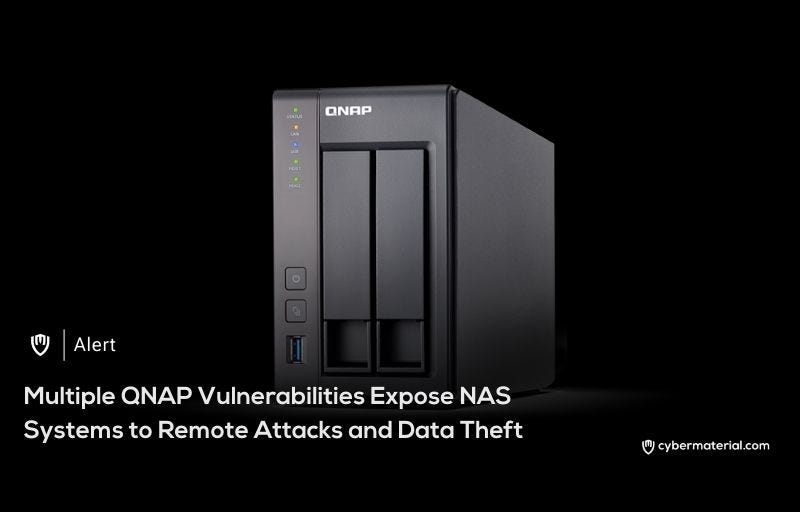
QNAP Systems, a leader in network-attached storage (NAS) solutions, has recently disclosed multiple critical vulnerabilities affecting its QTS and QuTS hero operating systems. These vulnerabilities w…

QNAP Systems, a leader in network-attached storage (NAS) solutions, has recently disclosed multiple critical vulnerabilities affecting its QTS and QuTS hero operating systems. These vulnerabilities w…